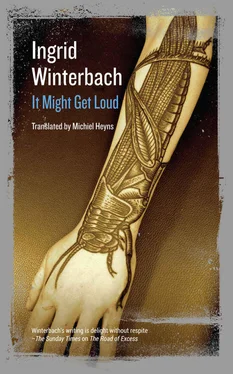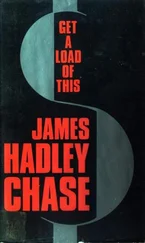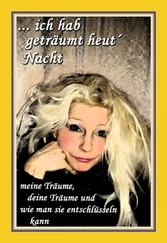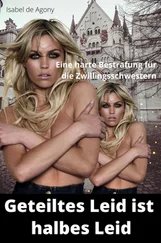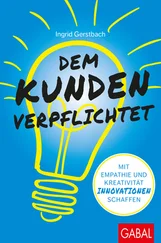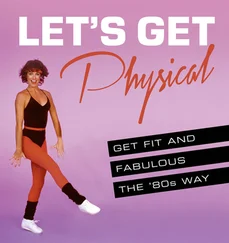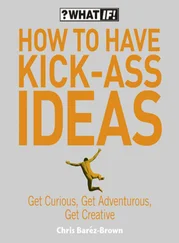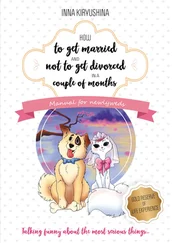When he and Hendrik and their friend Max were still at school, they started listening to metal. Max was a thin, dark, asthmatic child. His nose was chronically blocked; he was allergic to everything. In the afternoons after school the three of them listened to music together, as he and Hendrik still do to this day. Max left for Canada later on, but they’ve kept contact. Max regularly sends them new music. Once they discovered metal, they were hooked for life. No music ever again claimed Karl in the same way. Not only the sound, also the visuals. As soon as he discovered a group, he immediately got to know the names of the members — it was a part of their image. He remembers how compelling he found the names of the members of Accept — just as powerful as the music: Udo Dirkschneider (vocals), Wolf Hoffman (guitar), Herman Frank (guitar), Peter Baltes (bass guitar), Stefan Kaufmann (drums). He learnt the names of the members of all the groups they listened to. It gave him a moerse kick. If he liked a group, he tried to get hold of all their extant records. He found out which groups they’d played in previously — especially the guitarists. Then he tried to trace these groups in turn until eventually he’d listened to all possible ramifications, and had got the idea of the whole intricate network of a specific stream. Everything had to be explored, every lead and every tributary: he could never get enough.
They were like three silkworms on a mulberry leaf: a voracious appetite for metal. Hendrik started writing poetry even at school, but he showed it to no-one, because they’d think he was a moffie . They read comics. Later graphic novels. He and Max drew a graphic novel in matric. It was helluva exciting. When they were at university, Max would hitch-hike from town at weekends with six or more records. Then they taped the records through the night. Spent hours, drank coffee, smoked. Listened to everything in sight, and talked about the music. When they ordered a record from overseas, it would take two months to arrive.
That’s all changed now. Now he has a shitload of LPs on MP3. Unlike in his younger days, he is now much more critical and picky. Few of the groups playing at the moment interest him. He’s looking for a very specific sound or combination of sounds. A group’s image is important, also their record covers and their lyrics. To him it’s important that a group should stay exclusive, he doesn’t want to share them with too many fans. It was important to him, over the years, to share his music with Hendrik. He can to this day not understand why Iggy is not interested in any form of music. If Iggy had listened to more metal, he might have had fewer weird ideas.
*
After lunch his car is ready. He immediately drives to Beaufort West, and first of all calls at the Wimpy. Nobody’s left anything for him there. He phones the woman at the guest house. No, she’s sorry, she thinks the person’s been delayed. He’ll definitely be coming through the next day — early the next morning, in fact. For fuck’s sake, thinks Karl. Another delay. Everything postponed by another fucking day. Another night in some kitsch guest house. But what’s awaiting him, he suspects, is just as bad.
He phones the guest house woman once more to make doubly sure that the person bringing Iggy’s letters will definitely be arriving the following day. The woman assures him that there’s no cause for concern. No further problems will arise. Karl sleeps that afternoon and he dreams. He wakes up in a puddle of sweat.
The sunset is heartbreakingly beautiful. His heart feels as if it’s being squeezed in a bloody fist like the one on Accept’s record cover. On the horizon colossal banks of cloud accumulate. Blood-streaked sky. Little pebbles before his feet. A memory of something irrecoverable from his youth. The air cools down. The earth is a strip of darkness, the air a dramatic spectacle — like something from the movie Lord of the Rings : an enormous fiery eye could appear in it at any moment.
Before going out to eat something in town, Karl phones Josias Brandt. He should be on his way again by tomorrow morning, he says. It’s high time, says Josias. Everything is ominously quiet at the moment in the vicinity of Ignatius’s room, but he’s not planning on investigating. He’s not accepting any responsibility now for Ignatius’s welfare. He’s caused enough trouble and inconvenience. (Fucking selfish bastard, thinks Karl, Iggy would have a hard time hurting a fly.) Karl should just see that he gets his arse into gear as soon as possible. He’s run out of patience. Ignatius is a disturber of the peace and a liability, as he’s been trying to explain to Karl for the past few days. (Fuck you, thinks Karl.)
That evening in the hotel bar he recognises two of the young guys who tried to take on Stevie that evening in Colesberg — the thin, dark, nervous man who asked whether the old bands shouldn’t now make way for the new ones and the open-faced red-head who was pushing Rammstein. He asks them what they thought of the metal festival at the Gariep Dam. No, it was great. Two of the bands who played there are performing tonight at the Club Take-a-Break just outside town. If you take the N2 out to the next town, just to the left, near the railway bridge.
*
Suddenly you’re outside the town, in the veld, and there’s the packing shed — Club Take-a-Break spray-painted in large letters on one wall. Not a very big building, more like a large shed. Not a tree or rock in the vicinity — one moment you’re still in town, with tarred roads and shops and houses and trees, and the next it’s just stony Karoo veld around you, sparse bushes and stones. There are already quite a few cars and motorbikes parked outside. Perhaps the Hells Angels are also hanging out here tonight. The Karoo rocks — who would have guessed? There’s a makeshift bar to the right of the door, the rest of the large space is filled with little tables and chairs, and in one corner, to the right at the back, there’s a makeshift stage for the band. A door leads to a second room where people can presumably dance. The first band has already arrived. They’re called The Effects of Fluoride. There’s a good crowd. Amazing that so many people can congregate here from out of the flat, barren surroundings and the sleepy town.
When the band starts playing, they’re quite okay. Karl sits down at a table with a beer. A girl and a man ask if they can sit at his table; there aren’t all that many tables free. They start talking. He finds the girl very attractive. She has large, black eyes that slant upwards at the corners. The irises are exceptionally large — they fill almost the whole eyeball. She says she’s a writer. She and her boyfriend travelled by motorbike to Durban. Now they’re on their way back to Cape Town. What does she write about? Karl asks. About life on the Cape Flats, she says. About crime, gangs, violence. Rape. She lowers her large liquid eyes and takes a small sip of her drink through a straw. Her skin has an appealing texture, it reminds him of the down on a peach. Her boyfriend looks like a serious fellow. He’s an artist, he says. He works in oils and tempera, but he’s thinking of switching to video and installation art. His subjects are also taken from life on the Flats. There’s a lot going on there. There’s enough to keep an artist going for a long time. Karl finds them appealing, these two young artists from the Flats. His heart goes out to them. He doesn’t know what the matter is with his heart today, to feel so squeezed. So bloody and squeezed.
The evening gets going. There, would you believe it, he sees the chap who was with Ollie of Steynsrus and the other operators in the hotel the other day. Johan with the sad eyes. At one stage they’re standing next to each other at the bar for a beer. What’s he doing here, asks Karl, shouldn’t he be doing guard duty somewhere or brushing up on his preparedness? He’s on his way to De Doorns, says Johan. He’s a rep for farm implements. What’s the story with uhuru and the Siener and the mobilisation plan? asks Karl. It’s the Boeremag, says Johan. His complexion is slightly sallow and he’s starting to grey. His eyes are a strange blue-green like grapes or some types of marbles. He looks like a bashful sort of chap. They’re preparing for a showdown, says Johan. Does he believe it? asks Karl. Johan shrugs. He tilts his head slightly. He stopped believing in anything the day his dog died. When was that? asks Karl. When he was twelve years old, says Johan. It was a little fox terrier. Does he like metal? asks Karl. What is metal? Heavy metal, it’s a brand of rock music. No what, says Johan, he doesn’t really like music. It’s metal bands playing here right now, says Karl. Oh, says Johan, he didn’t really have anything else to do tonight.
Читать дальше
